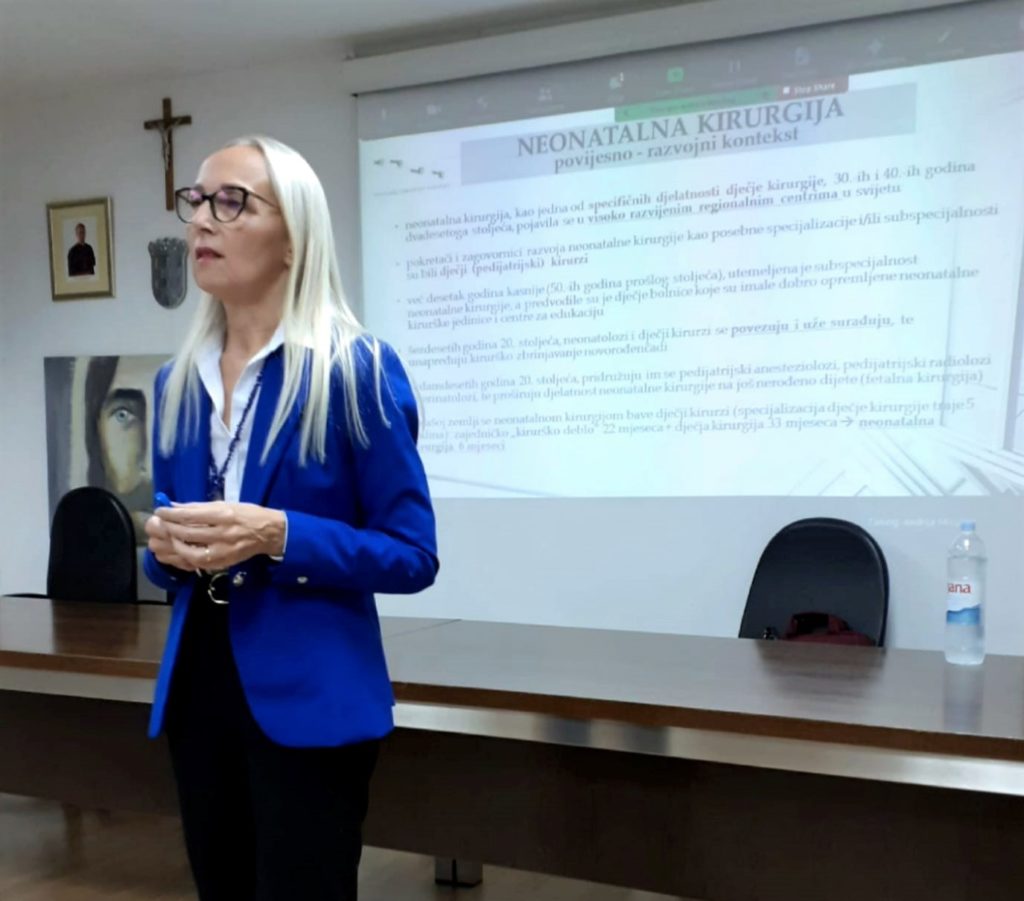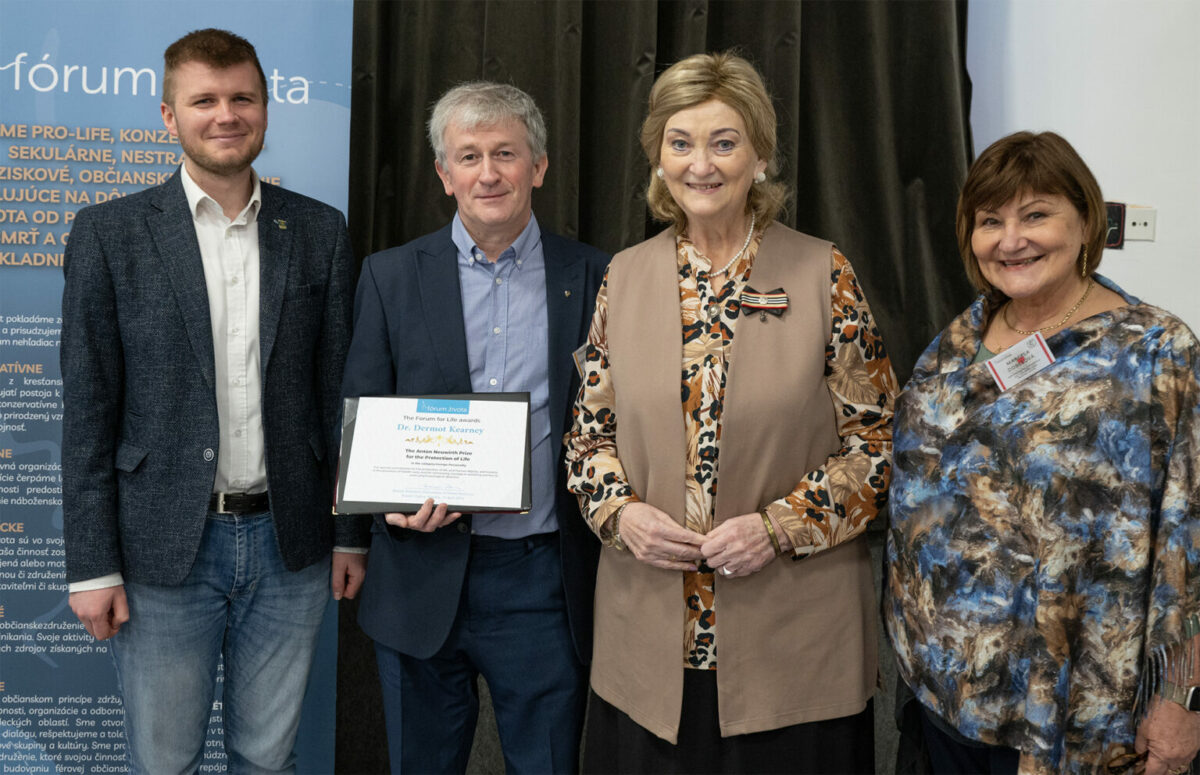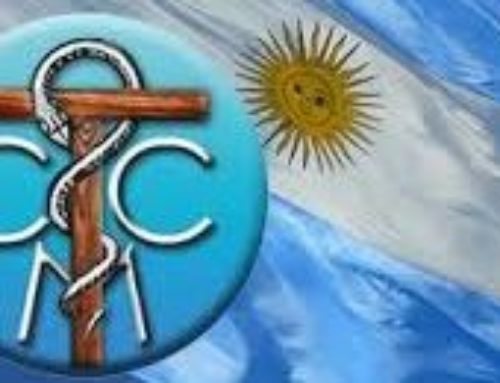Expert lecture “Urgent surgical interventions in neonatal age” was held on Wednesday, October 25, 2023 at 7 p.m. organized by the HKLD Branch “Branimir Richter” in Zagreb
Organized by the Branch “Branimir Richter” in Zagreb, an expert lecture by prof. dr. sc. Zore Zakanj, entitled “Immediate surgical interventions in neonate age – neonatological aspects”.

Interested participants followed the lecture at the HKLD premises in Praška street 9 on Wednesday, October 25, 2023, with simultaneous transmission via Zoom application.
At the beginning of the lecture, prof. dr. sc. Vesna Lukinović Škudar, secretary of the Branch, and presented the holder of the topic, prof. dr. sc. Zora Zakanj, pediatrician and neonatogian, who, working on complex jobs in a tertiary perinatological center, meets with newly born children who need surgical intervention in certain landings or diseases.
Before the lecture, the prayer was led by the spiritual director of the Branch, Assoc. Prof. Dr. Sc. Fr. Draženko Tomić.
At the beginning of the lecture, Prof. Zakanj emphasized the need, as members of the HKLD, during their meetings, in addition to bringing spiritually closer and making our communion stronger and more joyful through prayer and acts of self-giving, we also do so through various forms of other encounters, especially those that enrich our knowledge with new knowledge and attitudes.
In the lecture, she talked about the similarities and common points between neonatology and neonatal surgery. In the historical account of the development of neonatal surgery, as a specific branch of pediatric (pediatric) surgery, she spoke about the historical context of the development of pediatric surgery, then neonatal surgery, and in the recent time of fetal surgery. She presented numerous questions and difficulties faced by neonatologists and neonatal surgeons during their daily work with newborns who are born with congenital anomalies and need immediate surgery.
Special emphasis was placed on the need for timely i.e. prenatal detection of congenital anomalies in which quality educated perinatologists play an important role. This significantly facilitates the neonatological care of a child born with a congenital anomaly, as well as the intervention of a surgeon who will perform the appropriate surgical procedure in a specialized pediatric surgery center.
The neonatology team should be well educated for the clinical stabilization of the child immediately after birth, and after clinical stabilization, a safe, proper and fast transport of a life-threatening newborn to the surgical center where he will be provided with adequate surgical treatment should be performed. Therefore, it is important to anticipate in advance the possibilities that a particular environment can take to ensure quality surgical care, and if this is not possible, refer mothers at the time of pregnancy to tertiary perinatal centers where the pregnancy will be further monitored until its completion. Upon completion of the surgical procedure, postoperative care follows, which requires a complex multidisciplinary approach and the involvement of not only neonatologists and pediatric surgeons, but also anesthesiologists, other pediatric subspecialties, pediatric radiologists, and other collaborative professions. The goal of such a comprehensive approach is to prevent complications of the underlying disease or surgical procedure, and to continue further monitoring of the child. Achieving the highest possible level of quality of life of a sick child and his family should be the basic guiding principle of a complex approach to the child in which one or more surgical procedures have been performed in the newborn period.
In the conclusion of the lecture, Prof. Zakanj emphasized that such situations that potentially endanger the life of the child are extremely stressful for both parents and the entire team engaged in the treatment of the child. However, this should not be understood by health professionals as a difficulty or obstacle, but as a privilege to be able to deal with helping those in need of such assistance. When thinking about the severity of the anomaly and treatment options, it should always be borne in mind that newborns have great potential to absorb great trauma and survive the most complex operations.
(photo DT, zz and dglj text)









